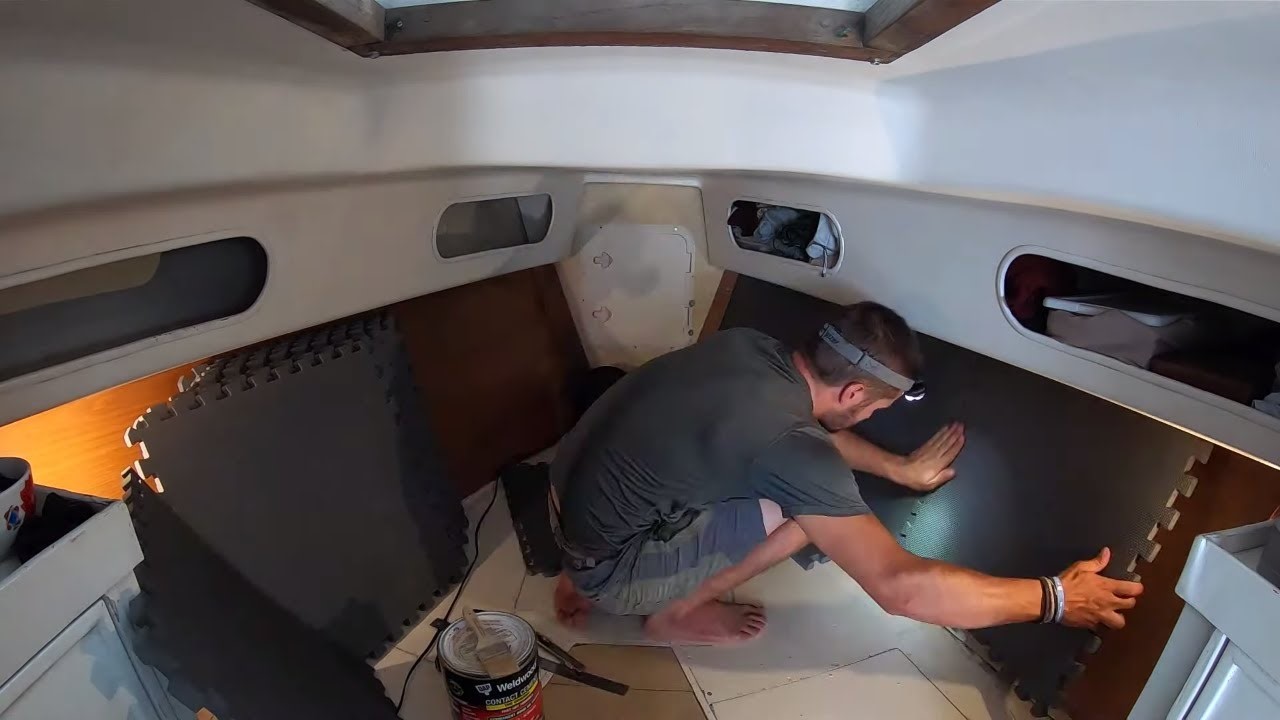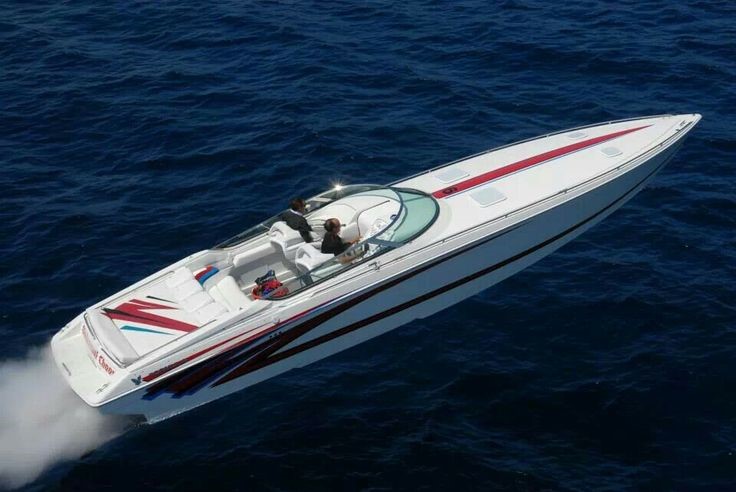Everyone wants a boat of their own, but no one wants a noisy one. Were here to let you know that this is not a problem and there are solutions at hand that you can implement to reduce any noise that comes out of any type of engine, and it does not need to break the bank.
This is something majority of owners are always trying to sort out – making their the engine quieter without having to spend too much money on it and in as little hassles as possible, not to mention without having to take it to the garage to get it done professionally.
Worry no more, because below are some of the tried and tested methods that we can recommend to you. But before you attempt any of the below methods, it is best to take down the reading of the sound as it is now, and then after all the modifications are done as well. There are a few different smart phone apps that you can download to help you do this if you do not have a resource for measuring it already.
Some people compare the sounds of their boat’s engines to the sound of a lawn mower. Of course, some are quieter than others are and may not need any adjustments done to them, so this information is not for those boats. There are a few reasons as to why we would advise sound-proofing your boats:
• Compliant Sailing
• Quieter for the sea life
• Improved insulation
• Reduced noise-related atmosphere (and less sound-stress)
• Protects your hearing
• Better Overall Safety
Not everyone wants to be wearing hearing aids by the time they are 60, and investing in a boat should be a stress-free and therapeutic experience, and not a regretful one. Boats that have higher decibels of sound tend to harm our hearing in the long run and if not fixed soon, may cause permanent damage.
Did you know that a boat’s engine is so powerful that it is proficient at producing sounds of over 100 decibels soundproofpros.com/how-to-soundproof-a-boat-engine, in comparison a vacuum cleaner, which is already pretty loud is only 70+ decibels (or dB) and a rock concert can get up to 130 dB, so this is just 20 dB under this.
What tricks can we use to reduce this level of noise and go back to the serenity of relaxing on our boats and the reasons as to why we purchased them in the first place? When choosing to sort this issue out yourself, there are a number of different inexpensive materials you can purchase and install in any of the open spaces, walls and ceilings of your boat for not only noise lessening but also for heat padding.

These are:
Rubber insulation mats are one of the many materials that owners use in a balanced amount to sound proof an engine. This is one option that can be incorporated in and around the inboard motor of the boat.
Polyethylene Foam is a substitute for when you do not want to use rubber foam. It is known to be cheaper than rubber but is also a noise barrier and heat insulator. Also, flexible enough to cut and place in every nook and cranny of your boat. It is a very versatile product and can be used in your car as well. Read all about the properties of this low-density material here.
Acoustic Foam Panels or Padding made into boards or egg crates, which is a waterproof material used to absorb any sounds because it is made of foam and can also be washed. These are normally installed on the ceiling or the ‘walls’ of the boat.
Silicone Rubber Sheets is both heat resistant and non-slip, so perfect for your boat. Just make sure there is nothing obstructing the installation as you want this to be as flush as possible and because it is a flexible material it is easy to place in any corner.
Besides all of the above materials that you can install on your engine and in and around its deck and hull areas. The slightly pricier options come in custom made materials which can fit directly on top of your motor, for example a cover that protects it and all you need to do is slip it over till you cover the engine. Although it is not advisable to keep it covered for long periods of time especially when it is running, due to overheating issues.
Whatever material you choose, be sure to read the instructions on the packaging or do some research on the dos and don’ts of using it. It is a lot similar to soundproofing your car and more often than not, if done right, the material you would use on this would be as effective on your boat too.






